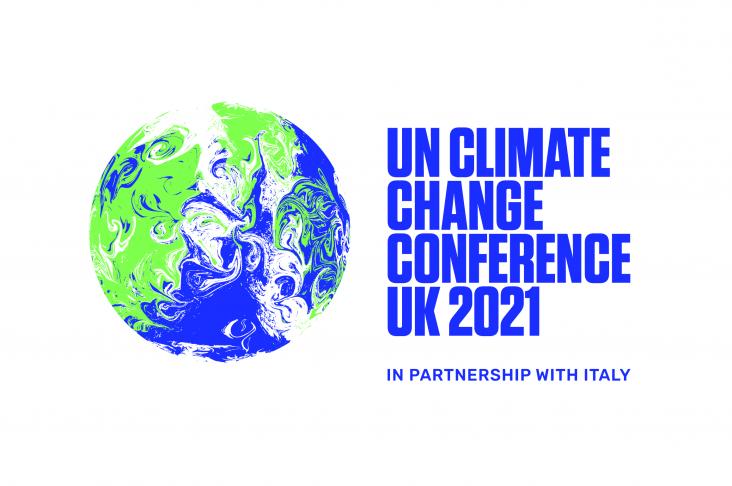
COP26 is the 2021 United Nations annual climate change conference. COP stands for Conference of the Parties.
Partner content
United Nations UniversityUnited Nations University, October 2021
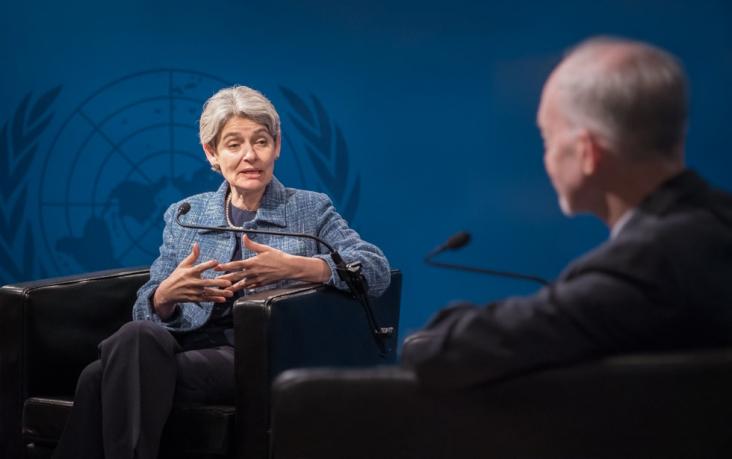
The UNU Conversation Series provides a unique public platform for influential experts, world leaders and respected scholars and authors to share personal insights on contemporary global affairs, politics, and media. Held in Tokyo at UNU headquarters, the Conversations are hosted and moderated by UNU Rector and UN Under-Secretary-General David M. Malone
Partner content
United Nations UniversityUnited Nations University
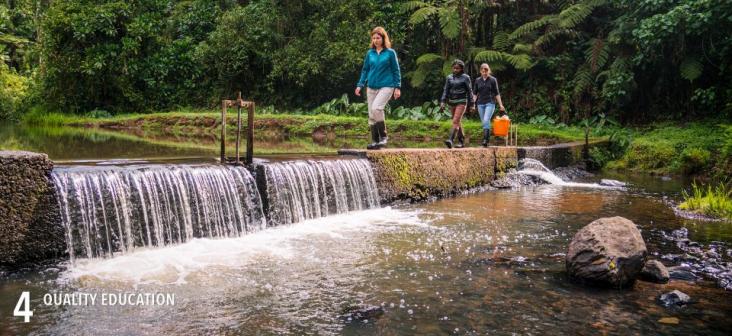
Interconnections are central to the 17 Sustainable Development Goals (SDGs). Adopted by the UN General Assembly in 2015, the SDGs inspire global action to overcome the world’s related challenges — from hunger and poverty to equality and peace. Governments, businesses, civil society, and the UN system are working together to achieve the goals by 2030, and improve the lives of people everywhere.
This book chapter advances SDGs 3 and 17 by outlining the common physical impairments found in people living with dementia, as well as evidence for treatments to maintain or improve physical function and prevent falls, in both community and residential settings.
Scientific research is governed by strict disciplinary norms and symbolic boundaries. This highly structured context is the space of probables, which dictates what research is likely to occur.
Addresses the Health Effects of Climate Change: a new expanded climate and health strategy based on data, science, and action.
The purpose of the present paper is to disentangle the mechanisms that connect climate change-induced disasters, inequality and vulnerability by accounting for both directions of causality.
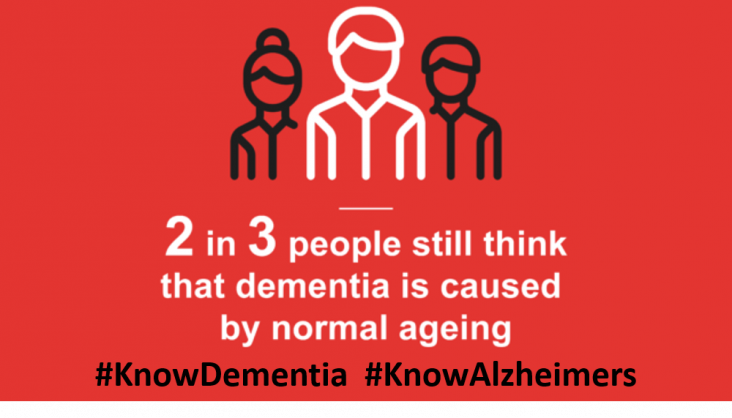
World Alzheimer's Day is an international campaign organised by Alzheimer's Disease International to raise awareness and highlight issues faced by people affected by dementia. It takes place every year on September 21st and is the focus of World Alzheimer's Month. In support of this year’s theme – ‘Know dementia, know Alzheimer's’ - Elsevier presents a curated, open access collection of over 70 journal articles and book chapters focused on shining a light on the warning signs of dementia and the importance of a timely diagnosis.
Heightened emphasis on transparency and accountability through corporate governance and disclosure has renewed the focus on the ‘triple bottom line’—environmental, social and economic impacts. Environmental, social and corporate governance (ESG) reporting generally measures the sustainability and ethical performance of a company. There is increasing interest in the ESG performance of companies by various stakeholders. A range of mechanisms exist to shape CSR and foment voluntary reporting by companies on their ESG performance. Adhering to one such framework heightens credibility, and a proactive approach to sustainability presents opportunities while ensuring a company’s preparedness to embrace evolving legal requirements.
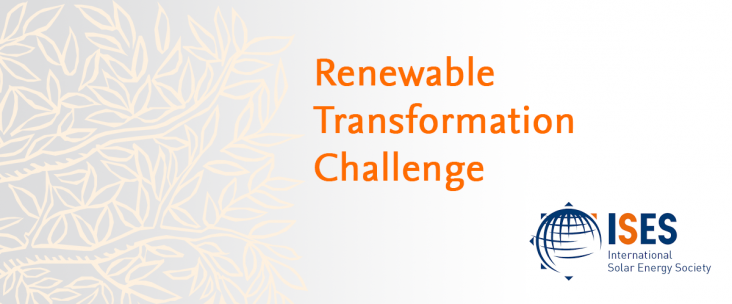
Elsevier and the International Solar Energy Society (ISES) are pleased to announce the third biennial Renewable Transformation Challenge. If you have an innovative proposal which contributes to the goal of transitioning to 100% renewable energy, submit your application for a chance to win €20,000.
